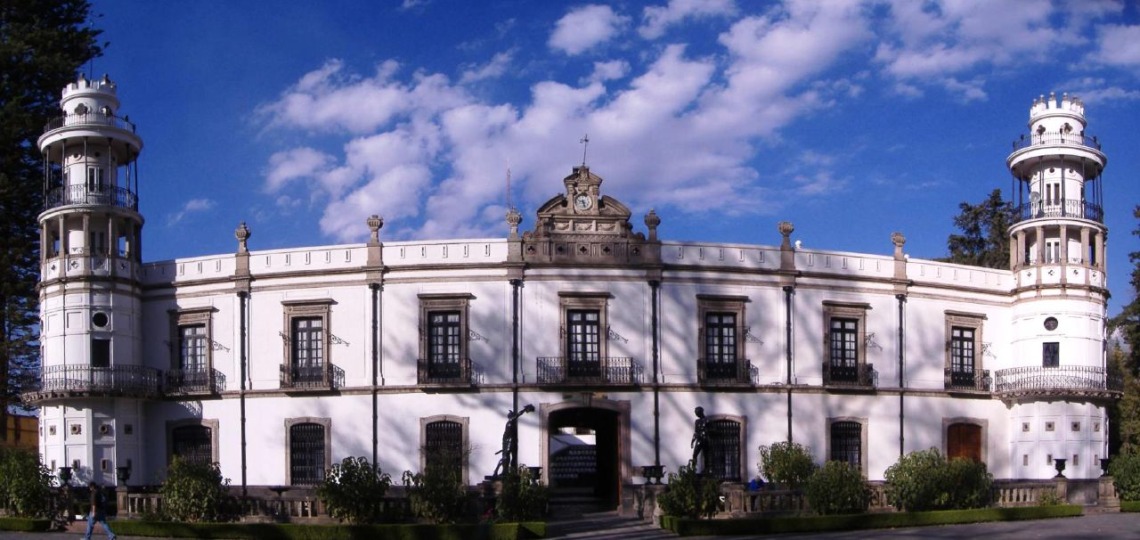UA and Chapingo Autonomous University Establish 25 Year Connection


The strong international connection between Chapingo Autonomous University in Mexico and the University of Arizona's (UA), Department of Agricultural and Biosystems Engineering (ABE) has continued to grow tremendously over the past 25 years.
About 25 graduate students, 30 including interns, from Chapingo have either completed their degrees or are currently working on them at the UA. From this connection has also grown a relationship between faculty members in ABE and those at Chapingo, as well as relationships developed between ABE faculty and former students who have returned to work in Mexico, according to Donald Slack, a professor in the UA College of Agriculture and Life Sciences.
Chapingo University was founded in Mexico City in 1854 as the National School of Agriculture. It was moved to Hacienda Chapingo at the end of the Mexico Revolution when the Hacienda was confiscated from its owners. It later became Chapingo Autonomous University in 1974, and was joined at that time by the Zonas Aridas Campus in Bermajio, Durango. Chapingo now has 16 locations throughout Mexico, with a total of four offering degree programs with the main campus being in Texcoco.
Slack has had a strong relationship with Chapingo University for 25 years when he first visited the school to work with them in an International Irrigation Shortcourse in 1991. The shortcourse continued for about 13 years, until 2004, and was the basis for many of Slack’s earliest visits to Chapingo.
“I think the biggest and most immediate benefit to the University of Arizona has been a steady stream of graduate students, and more recently undergraduate interns, coming to the University of Arizona to study for MS or Ph.D. degrees,” Slack said.
Slack said from 2002 to 2005 they had a USAID funded “TIES” project with Chapingo which provided funding for four MS students to complete their degrees at UA in ABE. All of the students did their coursework at UA and research work in Mexico. This provided opportunities for four ABE faculty members to work with both their student advisees and faculty counterparts at Chapingo.
For the ABE department, Chapingo has been a steady source of excellent graduate students. “I think they are amongst the best prepared graduate students that enter our programs,” Slack said. “The relationship that has grown out of our long association, not just me but other faculty that have chosen to participate, is a rewarding professional and cultural relationship.”
Undoubtedly the many UA alumni who have come from Chapingo and now work throughout Mexico have helped raise the awareness of what UA has to offer to Mexico and Latin America. The relationship has also helped faculty and students in the ABE department, and beyond, gain a much better understanding of Mexico, its cultures and its productive and powerful agriculture.
“I have hoped, since the beginning of my personal relationship with Chapingo, that other faculty members would take advantage of the connection to build bonds and relationships with Mexico,” said Slack. “I have become active more broadly in Mexico as an outgrowth of my relationship with Chapingo and I hope others can do the same.”

